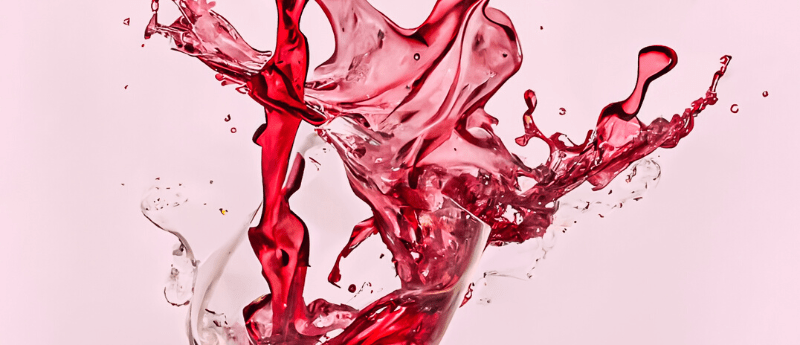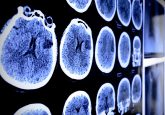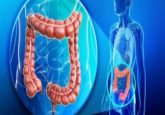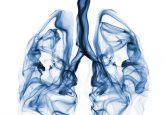Does lowering alcohol intake reduce the risk of cancer?

Alcohol Awareness Week takes place from 3–9 July 2023. Alcohol is linked to more than 60 health conditions, including liver disease, high blood pressure, depression and seven types of cancer. In fact, alcohol is the biggest risk factor for death, ill-health and disability for people aged 15–49 in the UK.
The evidence on alcohol and cancer risk
There is strong evidence that alcohol increases the risk of developing seven types of cancer: mouth, throat, oesophageal, breast, stomach, bowel and liver. The extent to which alcohol is a cause of various types of cancer depends on the amount and frequency of consumption.
There is strong evidence that consuming:
alcoholic drinks INCREASES the risk of
- mouth, pharynx and larynx cancers
- oesophageal cancer (squamous cell carcinoma)
- breast cancer (pre and postmenopause)
two or more alcoholic drinks a day (30 grams or more) INCREASES the risk of
three or more alcoholic drinks a day (45 grams or more) INCREASES the risk of
up to two alcoholic drinks a day (up to 30 grams) DECREASES the risk of
How does alcohol cause cancer?
There are multiple ways in which alcohol is thought to increase cancer risk. One of the mechanisms is related to ethanol – the active agent in all alcoholic drinks. When ethanol is broken down in the liver, it is turned into the chemical acetaldehyde. Experimental evidence has shown that acetaldehyde can directly damage DNA function and repair, leading to cancer growth.
Another proposed mechanism is due to alcohol acting as a carrier for other known cancer-causing compounds (such as those found in tobacco) from the mouth and throat into cells, which then leads to disruption of DNA synthesis and repair. For this reason, drinking alcohol and smoking together increases the risk of cancer more than if a person either smokes or drinks.
A further mechanism is related to changes in hormones. When alcohol is broken down in the liver, it influences the functional state of the liver and its ability to break down other nutrients and hormones. This can lead to elevated levels of hormones such as estrogen and insulin. This can lead to cells dividing more often, which increases the chance of cancer cells developing.
High consumers of alcohol may also have diets that are lacking in essential nutrients, such as folate, rendering target tissues more susceptible to carcinogenic effects of alcohol.
Does the type of alcoholic drink matter?
Alcoholic drinks increase the risk various cancers, irrespective of the type of alcoholic drink consumed. This is because all alcohol contains ethanol and ethanol is the cancer-causing compound.
The extent to which alcoholic drinks are a cause of various cancers depends on the amount and frequency of alcohol consumed.
Alcohol and kidney cancer
The mechanisms that may explain the inverse relationship between moderate alcohol consumption and kidney cancer risk are uncertain but appear to be consistent for the various renal cancer subtypes.
Possible biological mechanisms proposed include improved blood lipid profiles among people who drink a moderate amount of alcohol and higher adiponectin levels.
It has been suggested that the diuretic effects of alcohol may, in part, be responsible for lower kidney cancer risk among people who drink alcohol. However, inconsistent results for the consumption of other fluids and of diuretics and kidney cancer risk do not support this hypothesis.
What can people do to reduce their risk of cancer?
For cancer prevention, it’s best not to drink alcohol. If people do consume alcoholic drinks, they should aim to not exceed national guidelines of no more than 14 units a week, spread across at least 3 days.
Keep up to date with the latest research
Take advantage of World Cancer Research Fund’s free package for health professionals to keep up to date with the latest research on cancer prevention and survival.
The package includes a quarterly newsletter, free resources, and access to our CPD accredited online cancer prevention course.
Find out more at: www.wcrf-uk.org/package
Interviewee profile:
Rachel Clark
Nutritionist and Health Promotion Consultant
Rachel Clark is a Registered Public Health Nutritionist and a Health Promotion Consultant. She works with health professionals to increase their awareness and understanding of the lifestyle-related risk factors for cancer.





